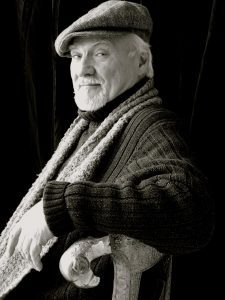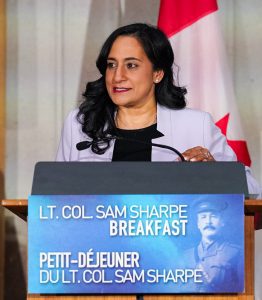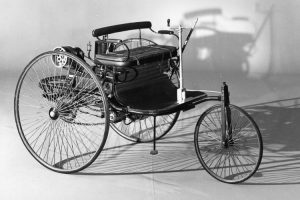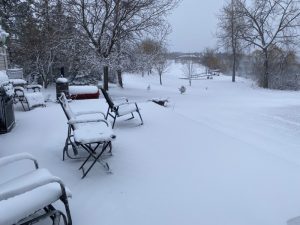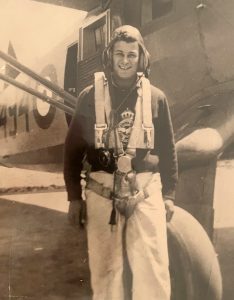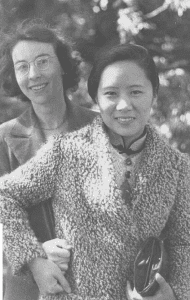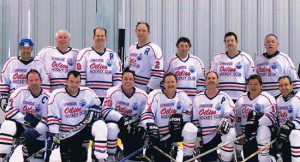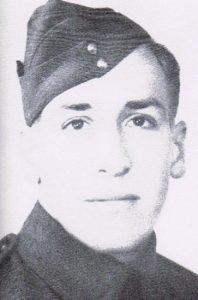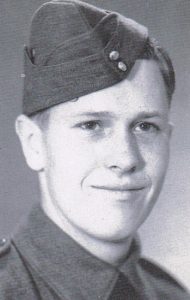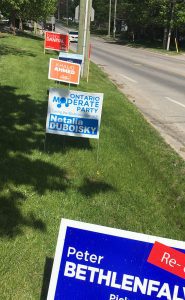
At about 6 o’clock, last Wednesday night, my Cosmos editorial cohabitant, Roger Varley, and I arrived at the Uxbridge arena and began setting up chairs. It was the night of the election debate that the newspaper had organized. And, as usual, it was an all-hands-on-deck effort. By about 6:30, Roger and I had pulled about 50 or 60 seats from the storage closet out onto the floor. We paused a moment, each scanning the arrangement as if to say:
“Do you think that’s enough? How many people do you think will show up?”
During most federal, provincial and municipal elections over the past 20 years or so, our all-candidates forums here in town, have indeed reflected the title. All the candidates (and sometimes more than we expected) have arrived and joined the discussions. (more…)
